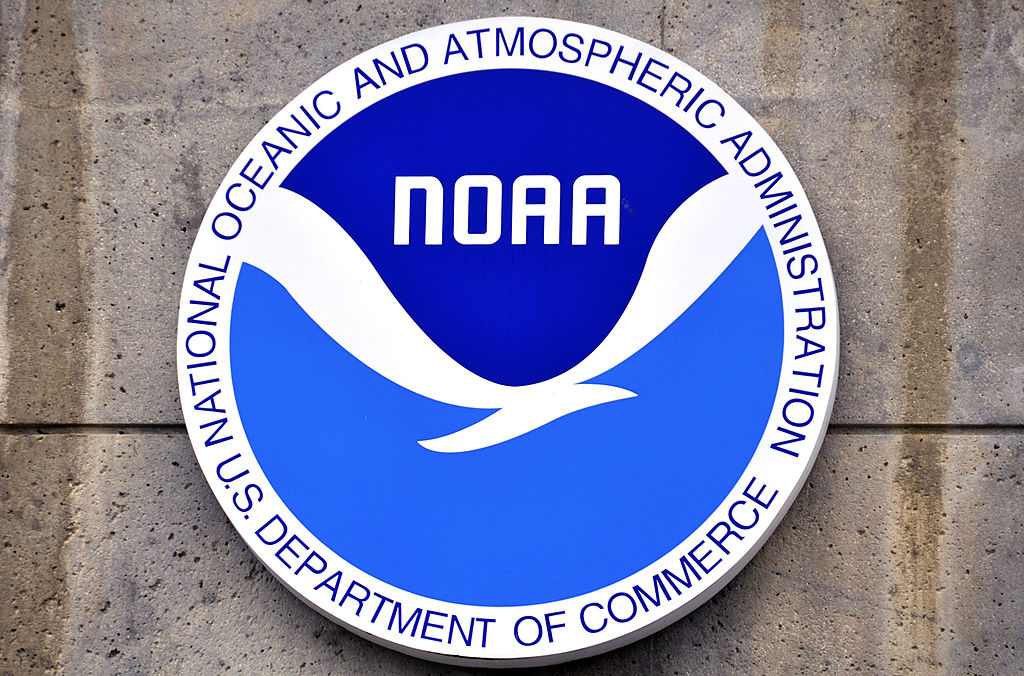The massive Porter Ranch gas leak may be sealed and people are glad to be back home, but problems persist.
At least one family says it is dealing with petroleum residue after gas leaked uncontrollably for almost four months near Los Angeles, creating the biggest known methane release in U.S. history.
"I've tried with 409. I can't get it off," said resident Ron Fass.
Oily residue coats vehicles, fences, and exteriors of homes. It is more noticeable on white surfaces.
Residents said they've tried washing it and scrubbing it, but nothing works.
"Can you imagine we are breathing that stuff in?" Fass said.
The leak that uprooted 6,400 families, mostly in the Porter Ranch, was blamed for causing symptoms that included headaches, nosebleeds, nausea and respiratory problems.
Some residents believe the residue they're seeing came from the leak at the Aliso Canyon storage facility. Possibly part of a slurry that was pumped underground to seal the leak.
Others aren't sure what it as and want it tested.
"What's the impact of that?" said Suneetha Gona. "You have the kids going around, the pets going around."
Gona and her family noticed the spots on her home's exterior and is so concerned that chemicals have saturated the interior that they're having carpet torn out.
She and others doubt health agencies' claims that there will be no long-lasting impact on health.
U.S. & World
News from around the country and around the globe
"Honestly, I am not confident," Gona said.
Officials with SoCal Gas did not immediately respond to a call for comment.
Some people who returned home complained of ongoing health problems, and the county said it was testing to make sure there were no contaminants in homes.
State officials declared the leaking well dead last week. Scientists said it had spewed 107,000 tons of methane — a potent global warming gas — making it the largest known leak of its kind in the U.S.
It contributed the equivalent greenhouse gas emissions of 572,000 cars in a year and at its peak doubled the rate of methane emissions for the Los Angeles basin.
State utility and gas regulators are investigating the cause of the leak and the state's air board is developing a plan to make SoCalGas mitigate the environmental impact of the blowout.
The Associated Press contributed to this report.



